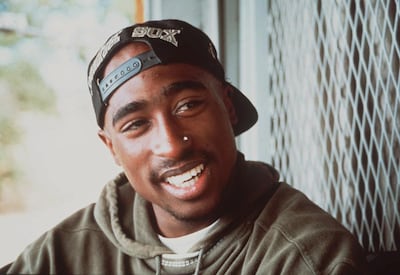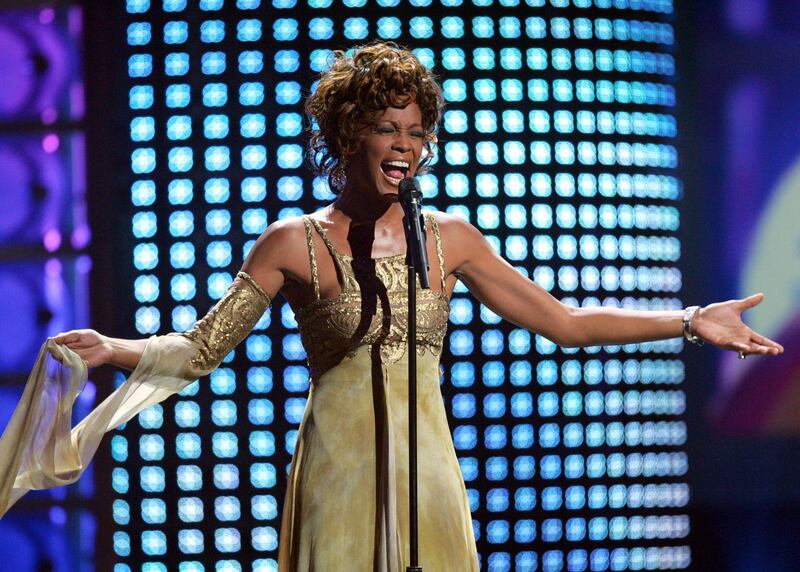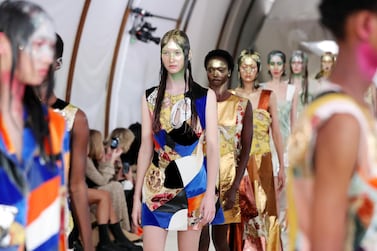The Whitney Houston tribute act The Greatest Love of All is scheduled to come to Dubai Opera, allowing fans the chance to enjoy Houston's hits once more.
Two weeks ago, a European tour entitled Whitney began at the O2 Apollo Manchester in the UK. It starred Houston herself, conjured as a hologram that floats on stage and mimes along to her own music, despite the fact that the singer died in 2012.

It's not only Whitney who has been resurrected for our entertainment. Egyptian singer Umm Kulthum was at Dubai Opera just a few months ago. American soprano Maria Callas has been enjoying a spectral comeback tour since 2018, despite dying in 1977, while rapper Tupac appeared on stage next to Snoop Dogg in 2012, about 16 years after he was murdered. Then there was the 2014 performance by Michael Jackson at the Billboard Awards, three years after he expired.
Clever? Yes. Weird? Unbelievably. Whatever happened to respecting the dead, and leaving them to eternal sleep?

It’s not that we shouldn’t enjoy the music. Thanks to recordings, singers are by definition immortal, while their untimely deaths have a knack of catapulting albums to the number one slots. Amy Winehouse has sold 855,000 albums since her death aged 27 in 2011, while Elvis Presley made pre-tax earnings of $35 million (Dh128.5m) in 2017, despite being gone since 1977. I, for one, would part with thousands to watch Prince perform again, or David Bowie, whose death left me weeping on the floor. But not like this.
Sure, it might be nice to see the greats we missed by stint of being born too late. This includes the genius of Jimi Hendrix, the frantic energy of Keith Moon, or the haunting melodies of Lady Day. But do we really want to bring them back from the dead? Death carries a finality. Or, at least it used to.
The awful 2014 duet between Justin Timberlake (alive) and Jackson (dead) laid waste to any pretense that this was about celebrating talent, and exposed it as the money-making scam it was, more concerned with lining the pockets of the living, than upholding the memory of the dead. The new fad for reducing great artists to performing ghosts comes down to who controls the back catalogue, after all.
Answer me this: when the Rolling Stones die, at what age do we resurrect them from the grave? Should they return as the smooth-faced young braggards of the 1960s or as the wizened old men of today? Or do we follow Martin Scorsese's lead in The Irishman and de-age them for an enhanced audience experience? Do we bring back Nirvana, the 1990s voice of anguished youth, ignoring lead singer Kurt Cobain's suicide to escape fame?
These artists may have revelled in the attention and adoration that fame bestowed and undoubtedly lived to be on stage. Call me old-fashioned, but does that mean we can sentence them to an eternity on stage as well?






